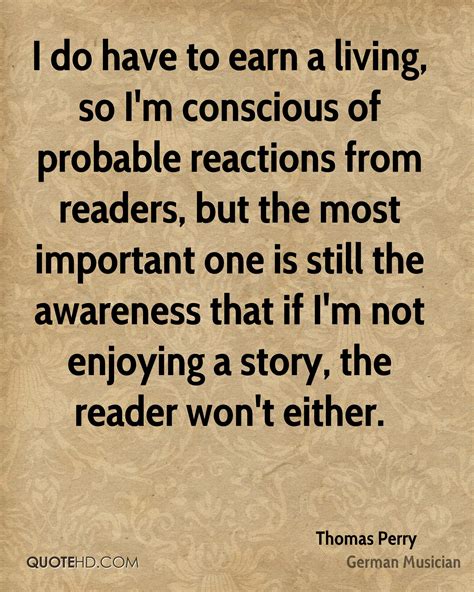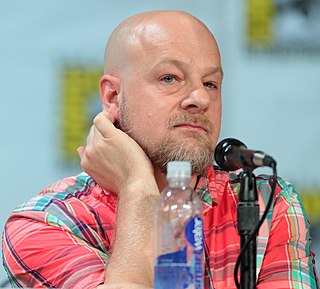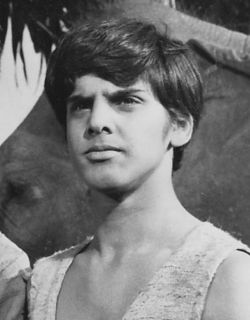A Quote by Rajkumar Hirani
Making a film confusing does not make it intelligent.
Related Quotes
It does not feel any different being directed by a first-timer as long as I am convinced that the director is passionate about the film he or she is making. If you get a sense of their vision for the film and their aesthetics of your performance, then it does not matter whether you work with a new or an experienced director.
I've never left my culture. I've left my country, but I've not left my culture. In the same way, you shouldn't be worried why George Lucas is going to the outer galaxy to make a movie. He's still making a film within his culture; he's making an American film. I go to Thailand or the Peruvian jungle, the Amazon, and I still make Bavarian films.





































